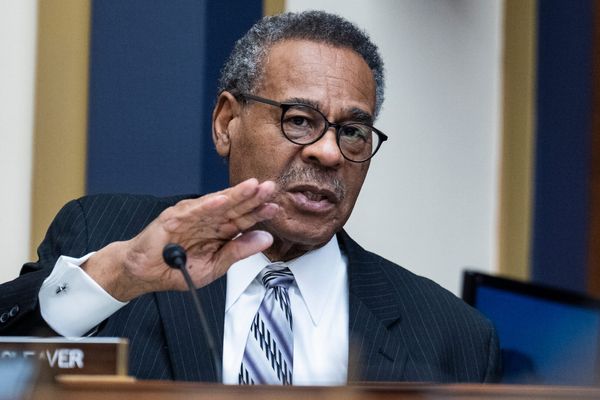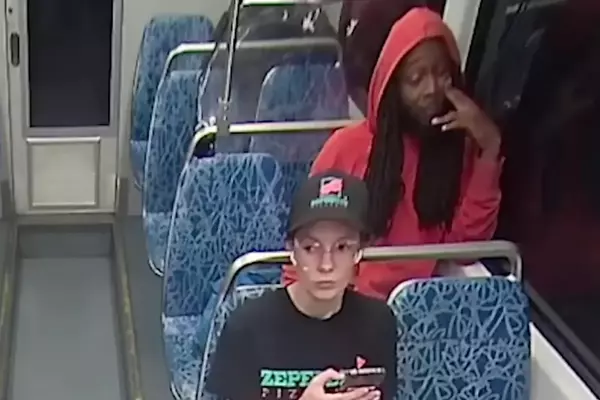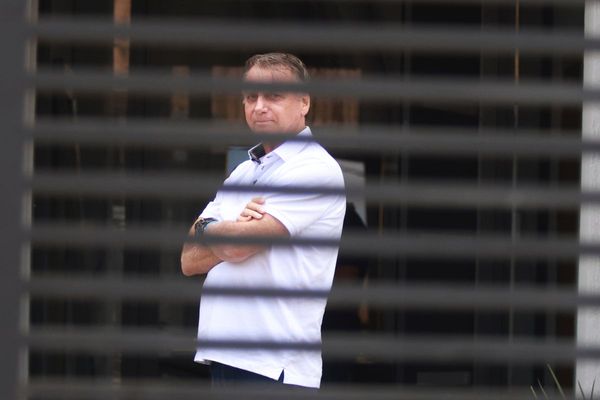
Lakhs of passengers in Mumbai and other parts of Maharashtra, hoping to get home for Diwali, are struggling to reach their destinations as all Maharashtra State Road Transport Corporation (MSRTC) buses went off the roads at midnight on Tuesday.
MSRTC employees, including bus drivers, have gone on an indefinite strike as their demands for salary revision as per the Seventh Pay Commission have not been met.
Though the stir began at midnight, bus departures from Parel, Mumbai Central and other depots in the city stopped a couple of hours earlier, forcing passengers who had bookings to scramble for alternatives at the last minute. The Dadar-Pune Shivneri service, which runs at 15- to 30-minute intervals, was also hit.
The MSRTC is the largest public transport body in the country, with 18,000 buses and 1.02 lakh employees. Every day, MSRTC buses ferry around 60 lakh passengers on intra-city and inter-city routes. It also operates bus routes in Vasai-Virar, Nalasopara, Nashik and others cities in the state.
After Ganpati, MSRTC buses see the maximum rush during Diwali. The transport body had already hiked its fares by 10% temporarily from October 15.
The Maharashtra State ST Kamgar Sanghatana (MSSKS), the recognised labour union in the MSRTC, said they have the backing of six other labour unions and would not back down after negotiations with the state government failed. State transport minister Diwakar Raote had appealed to them not to go on strike.
The Maharashtra government has allowed private vehicles, including trucks, buses, school buses and other vehicles, to ferry passengers. The state issued this notification after its negotiations with the MSRTC union failed.
Sandeep Shinde, leader of the MSSKS, said the government has offered them a 10% salary hike, which means that members, whose basic pay is Rs 7,000, will get only a Rs 600-700 raise. “We want Seventh Pay Commission salaries for MSRTC employees. Our salary was on par with state government employees before 1995, but now, a majority of the MSRTC employees get only Rs 8,000 to Rs 9,000 per month as salary, which is very low,” he said.







